On 1 October, Cyprus will celebrate one of the most significant holidays - Independence Day.
Exactly 64 years have passed since the island state gained its long-awaited independence from Great Britain after a long struggle for sovereignty.
How did Cyprus end up in the hands of the British?
Officially, it is believed that Cyprus was a colony of the British Empire from 1915 to 1960. However, the Ottomans actually handed the island over to the British back in 1878, when they concluded a secret Anglo-Turkish treaty of ‘defensive alliance’ against Russia. Under the terms of the agreement, Britain pledged to help the Ottoman Empire ‘by force of arms’ against its main enemy if necessary. In return, Turkey agreed to British occupation of the island, subject to an annual payment of £99,799 to the treasury.
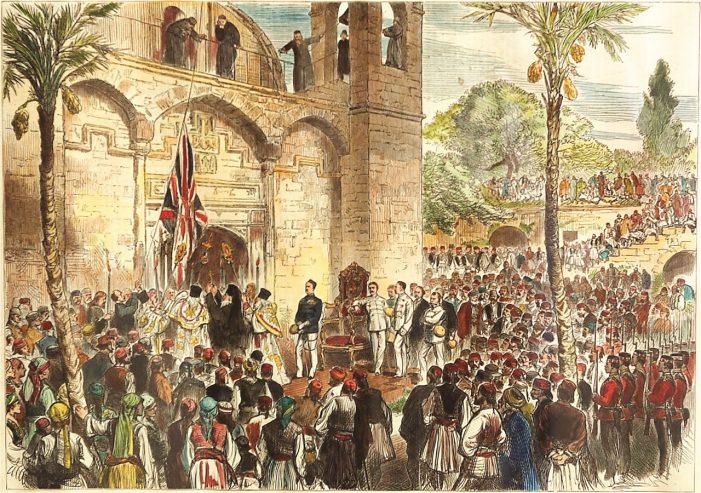
Thus Cyprus became a naval base. However, the expediency of signing the convention caused a serious debate in the British Parliament itself. Among the main arguments against such a decision was the lack of a convenient harbour on the island. In addition, at the same time the British Empire had bases in Egypt, which needed substantial financial injections.
Formally, Cyprus continued to be part of the Ottoman Empire. This helped to calm the unrest among the representatives of a fairly large Muslim community (about 21 %) in Cyprus. The reality was that the power was in the hands of the British High Commissioner, which at first the representatives of the Orthodox majority were very happy about. They expected the new government to introduce economic reforms and improve transport infrastructure.
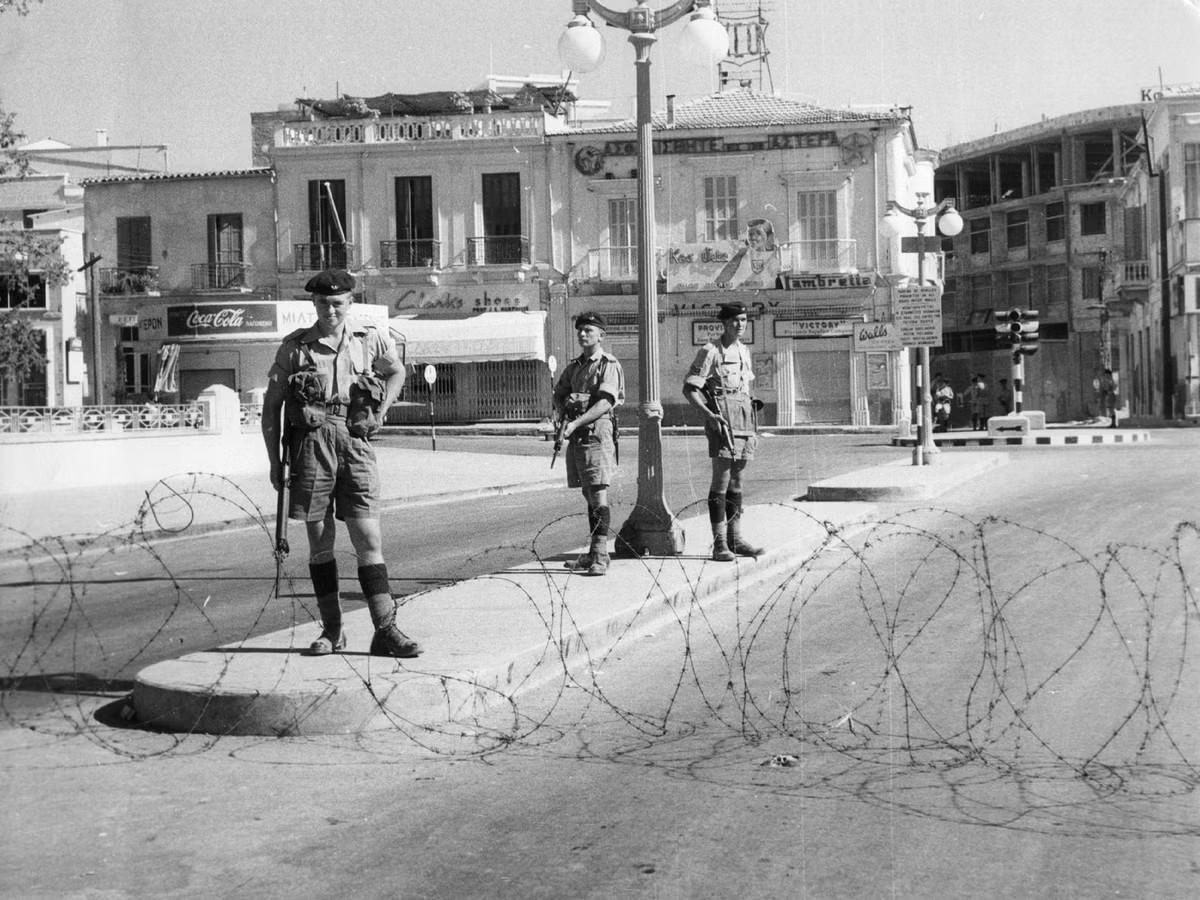
The island was finally annexed by the British in 1914 during the First World War. The welcoming speeches made to the first British High Commissioner by representatives of the island's population reflected Cypriots' hopes for a change for the better. Although Greeks and Turks had different visions of the future, neither imagined that the island would become a British colony.
Initially, the English administration was rather cautious, as the convention envisaged only a temporary cession of the island. The Archbishop was retained as the spiritual head of the Greek Cypriots. In 1882, Cyprus was even granted a constitution, which was modelled on the typical colonial model. The real power in Cyprus passed into the hands of the British governor, and a self-governing body was formed, the Legislative Council, consisting of 18 members: 12 of them were elected and 6 were appointed by the administration.
According to the results of the 1881 census, 9 seats on the council went to representatives of the Greek community and 3 to representatives of the Turco-Cypriots. The council had limited rights, especially in the distribution of financial benefits. In fact, all important decisions were taken by the Executive Council, which consisted only of English officials and had more power. The seeming democratisation in fact turned out to be a strengthening of British power. All this was negatively perceived by the Greek majority, who hoped for enosis with Greece. This was the beginning of the long Cypriot struggle for independence, in which the British authorities supported the interests of the Turkish Cypriots as a counterbalance.
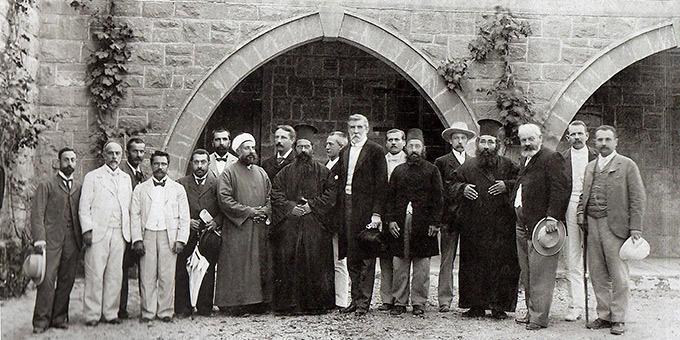
Why were the British slow to move to Cyprus?
Even when Cyprus became an official colony of the British Empire, its subjects were in no hurry to move to the island. On the contrary, many avoided the island because of frequent malaria outbreaks. With its hot climate and swamps, Cyprus was an ideal place to spread the infectious disease, which causes fever, nausea, weakness and sometimes death. And as you can imagine, nobody wanted to die.
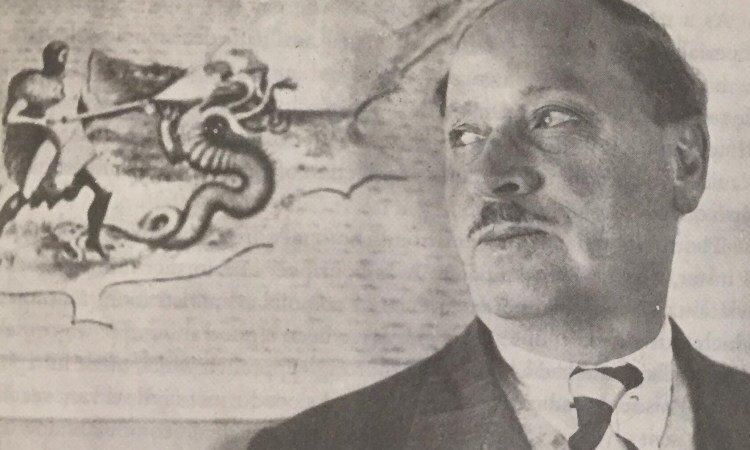
Malaria was spreading fastest in the Larnaca, Limassol and Famagusta area at that time. At first it could not be dealt with in any way. Mehmet Aziz, who was the chief sanitary inspector of the British colonial government of Cyprus from 1930 to 1940, saved the whole island from the epidemic of the terrible disease. In co-operation with a team of Greek
of Greek and Turkish Cypriots, he managed to eradicate a disease that had plagued the islanders for centuries. The idea was to divide the island into 556 sectors, each of which was treated step by step with pesticides. In parallel, hundreds of eucalyptus trees were planted in a particularly waterlogged area. The trees helped to drain the swamps. All in all, the campaign was a complete success, which was officially announced on 10 January 1950. Aziz was awarded the Order of the British Empire for his work in 1950.
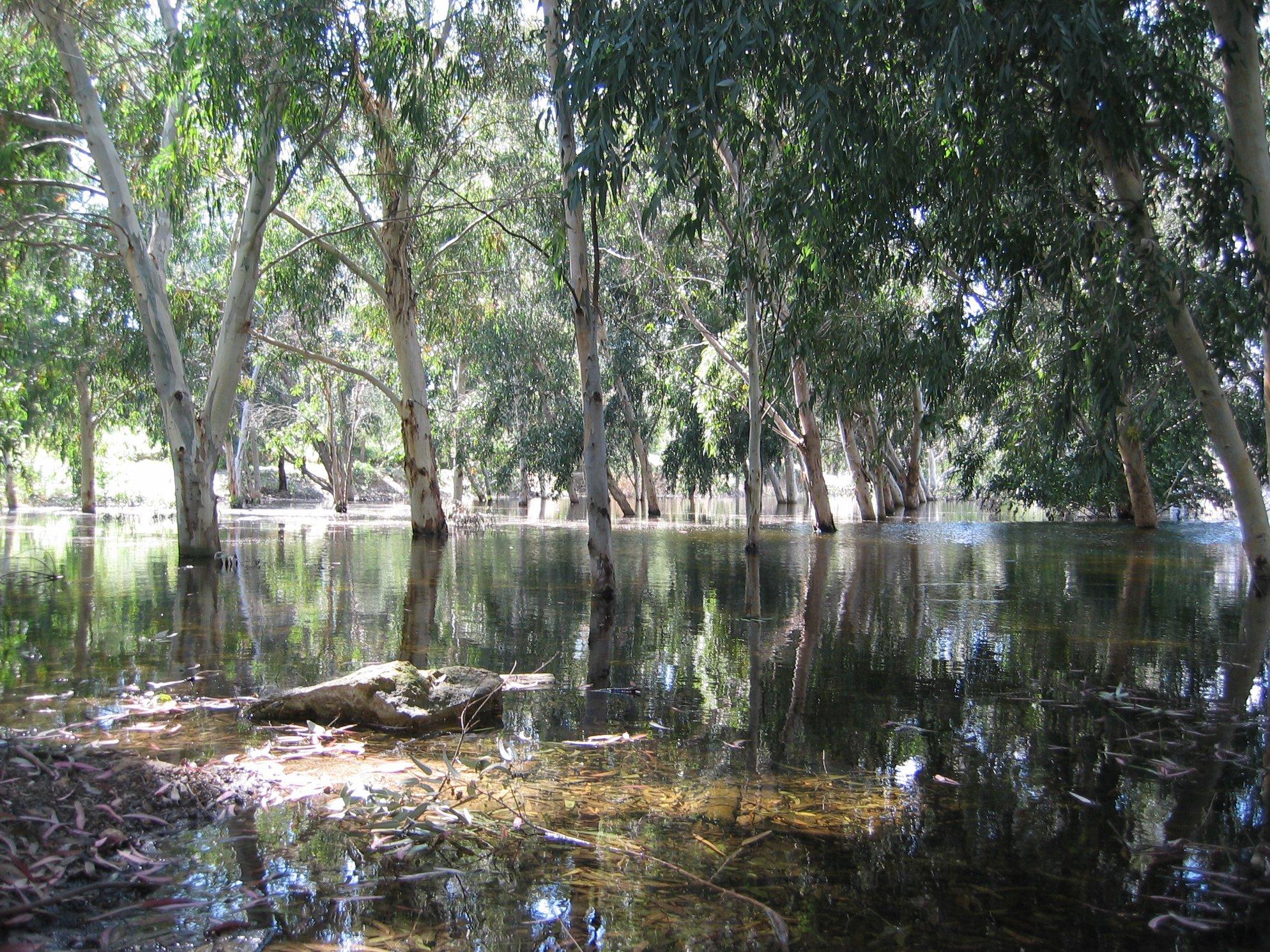
Cypriot struggle for independence
The very idea of enosis was born in connection with the creation of an independent Greek state. Its active propagandists were the Cypriot Orthodox Church and extreme nationalists in Greece itself, who advocated the creation of a ‘Greater Greece’. At the turn of the nineteenth and twentieth centuries, the Greek intelligentsia also adopted the slogan of Enosis, but the movement for accession to Greece was not yet a mass movement.
Its members used peaceful methods, consisting of meetings and demonstrations, petitions and memoranda to the British authorities. In 1882, the newly elected Greek members of the Legislative Council protested against the policy of preventing the annexation of Cyprus to Greece. With the help of similar demarches, the supporters of the Enosis idea succeeded in getting the Cyprus question debated in the British Parliament in 1895. But, the majority of the members of the House of Commons did not support the Greek-Cypriot demands. In protest, ‘popular assemblies’ were held in Nicosia, Limassol, Paphos, Larnaca and Famagusta. Riots later broke out, resulting in the death of 6 people and the burning of the British administration building in Nicosia. More than two thousand people were arrested in the crackdown on protesters. Rebellious Cypriots trying to achieve independence were tortured, imprisoned, repressed and executed.
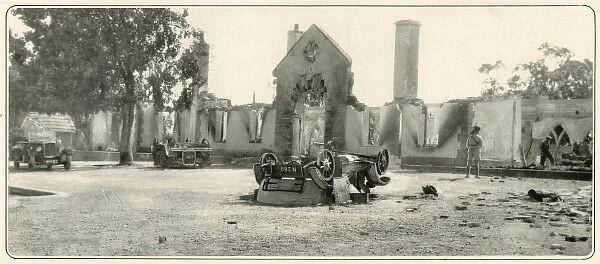
A special royal decree suspended the constitution, dissolved all elected bodies (Legislative Council, municipal councils), banned all political parties, and censored all media. The same decree prohibited the display of Greek flags and the holding of rallies and meetings. All legislative and executive power was concentrated in the hands of Governor Herbert Palmer, appointed in 1933. He faithfully discharged his duties to suppress all manifestations of discontent.
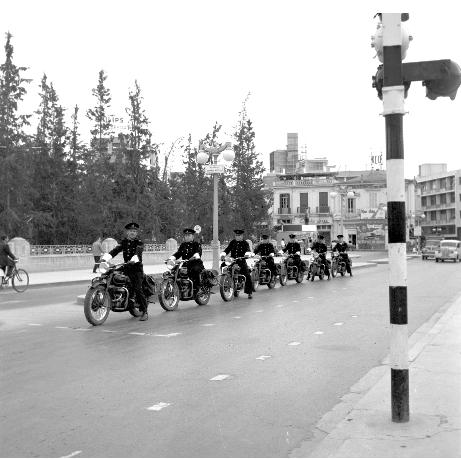
During the Second World War, Greek Cypriots took part in the British war effort, fighting on the side of the British. This created widespread expectations that Britain would recognise the island's independence at the end of the war, however, these hopes were not fulfilled. In 1950, the Cypriot Orthodox Church, under the leadership of Archbishop Makarios, held a referendum on the island, which resulted in % of Greek Cypriots voting in favour of Cyprus joining Greece. However, the British refused to recognise its outcome. After that Greece sent a petition to the UN, the issue reached the international level. But even this did not help.
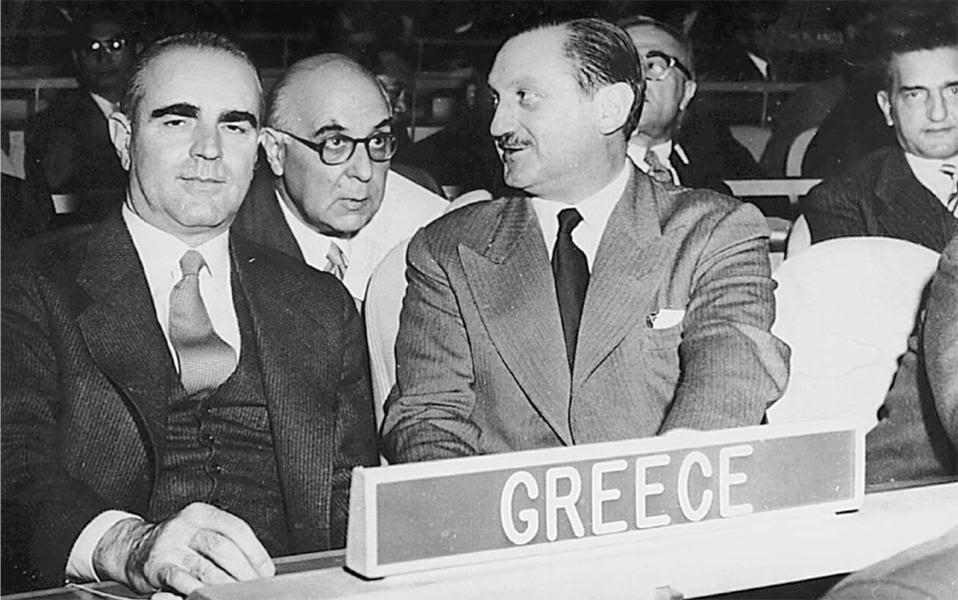
On the contrary, protests erupted with renewed vigour on the island. The EOKA A' liberation movement was formed, whose members demanded the complete withdrawal of British troops from Cyprus and the annexation of the island to Greece. It was not until 1959 that EOKA A' managed to get rid of the British.
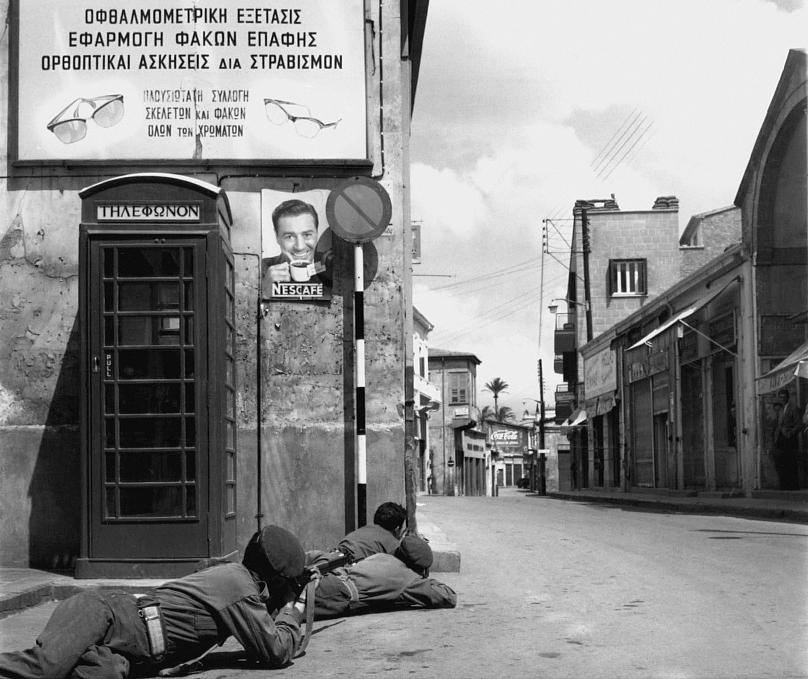
On 16 August 1960, after 82 years under colonial oppression, as part of the London-Zurich Accords, the island finally gained its freedom. The country became a Republic and Archbishop Makarios III became the first President of independent Cyprus. However, approximately 3% of the island continues to be British Overseas Territories. The Akrotiri and Dekelia military bases are located on this land.
Interesting fact: 16 August is the anniversary of Cyprus' declaration of independence. But the holiday of 16 August was celebrated only twice: in 1961 and in 1962. August is a hot month and holiday time, the diplomatic corps goes home in the summer. Taking all this into account, on 11 July 1963, the Cabinet, consisting of seven Greek Cypriots and three Turkish Cypriots, decided to postpone the Independence Day celebrations to 1 October.
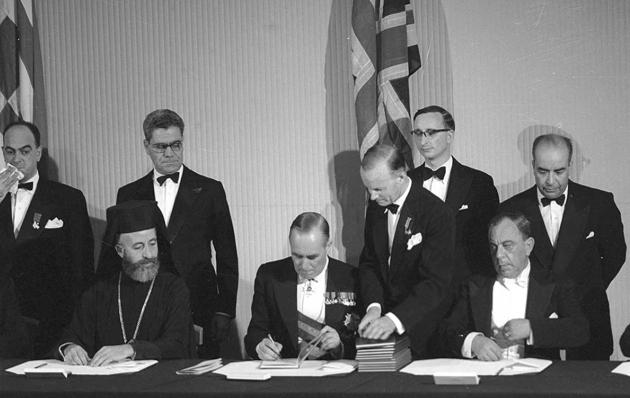
What did the British leave to the Cypriots?
Despite the rather ambiguous relationship between the British and the people of Cyprus, the former made a significant contribution to the social and economic development of the island. The list of British legacies includes:
- Left-hand traffic (England, having legislated left-hand traffic, passed it ‘by inheritance’ to almost all its colonies. Including Cyprus).
- The island's electricity network is built according to the British standard (G-type sockets with two horizontal and one vertical pin).
- English language spread throughout the island (more than % of the population of Cyprus speaks English, it does not have the status of an official language on the island).
- Luxury English education (It is very prestigious to study on the island in a private English school).
- English shops: Marks&Spencer, Next, Mothercare, and many others.
- Legislation based on the English legal system, taxation system.
- Architecture in the centre of the cities
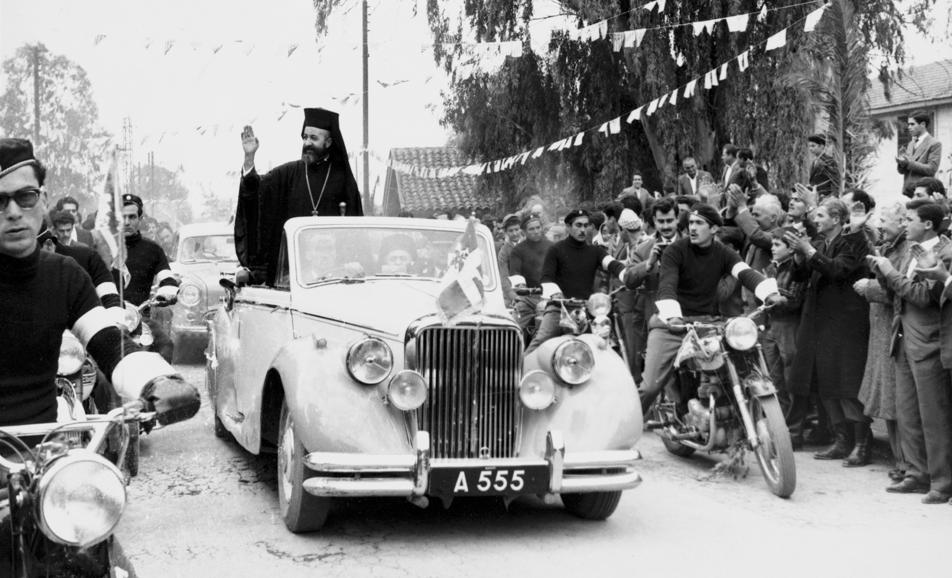
How does Cyprus celebrate Independence Day?
Every year on the 1st of October, Cyprus holds large-scale celebrations that cover all corners of the island. A military parade is organised in the capital Nicosia, where the forces of the Cypriot National Guard and military equipment are on display. The country's president, government and dignitaries participate in the ceremony.
In addition to official events, concerts, folk festivals, sporting events and exhibitions are organised in towns and villages. National flags are hoisted everywhere and a festive atmosphere prevails in the streets. People express their pride in their country's achievements and remember those who fought for freedom and independence.
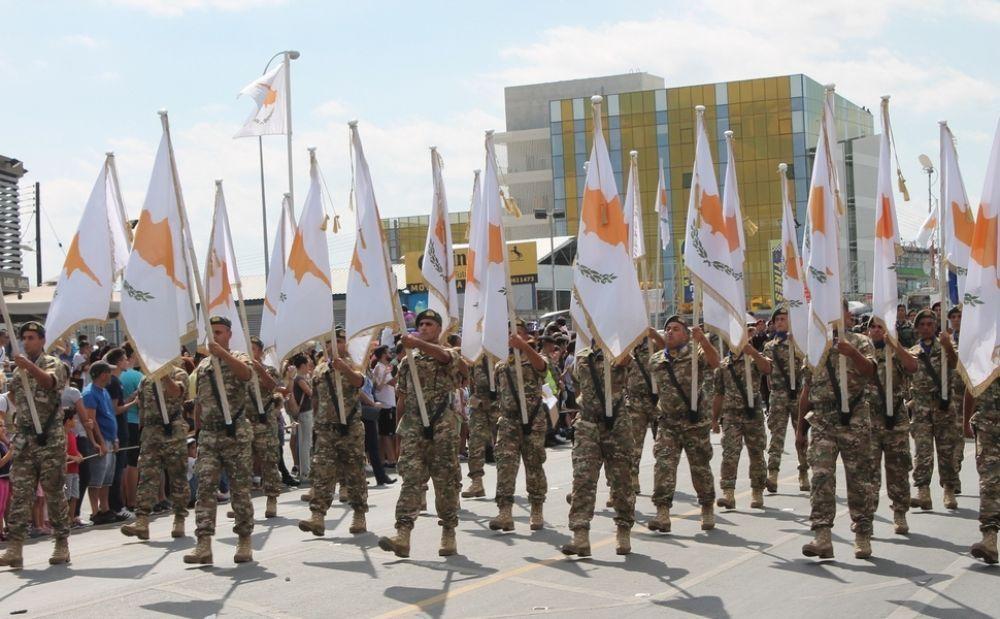
Meaning of the holiday today
Cyprus Independence Day is not only a reminder of the importance of freedom, but also symbolises the unity of the people despite historical difficulties. Today's holiday also serves as a reminder of the unfinished unification process of the island, which has been divided into Greek and Turkish parts since 1974. 1 October is a day when Cypriots honour their history, take pride in their independence and look to the future with hope for peace and prosperity for the whole island.
Read also:


